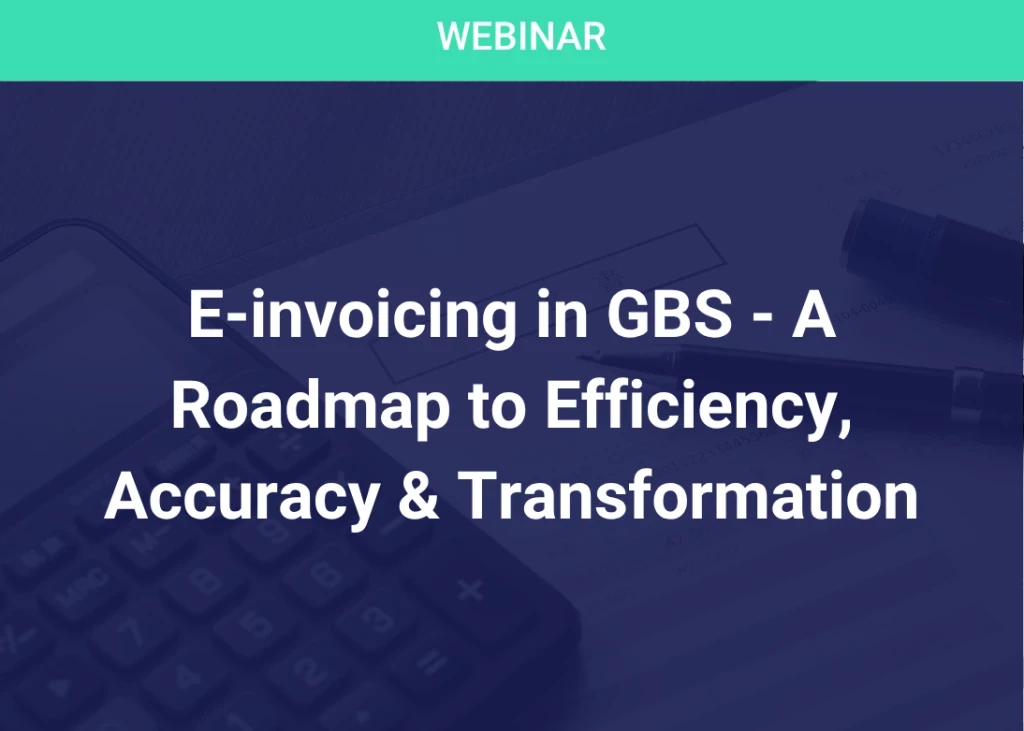Q&A: Andrew Kemp, BT
Add bookmarkAlmost exactly a year ago, BT – the largest communications services provider in the UK and one of the largest in the world – signed a six-year, £128-million ($250-million) extension to an existing outsourcing contract with tech outsourcing provider Xansa (now part of the France-based Steria Group). The latter is now contracted to manage BT’s UK F&A, transaction processing, ledger and payroll operations until 2014. This week SSON spoke with Andrew Kemp, BT’s Director of Group Planning & Analysis, about the nature of the second-generation agreement, its challenges and benefits, and about the innovative "aspirational SLAs" which are part of the deal and which are driving forward improvements for both buyer and provider.
SSON: Andrew, thanks very much for joining us. First let’s get some background: what does your role entail?
Andrew Kemp: I’m responsible for all the group’s reporting, planning and consolidation activities, serving all the businesses within BT. I’m also responsible for all our finance outsourcing deals and also for the group’s finance systems strategy.
SSON: And are all these activities located in a shared service center?
AK: Using both Steria and Accenture we have delivery centres in Chennai, primarily; some in Prague; but I’ve also got what we call a Center of Excellence for the reporting, planning and analysis function in the UK which is based in and around centers around London – not in any one single building.
SSON: What operations do you have running out of the UK?
AK: Roles that are fairly close to the customer, a high level of interaction with customers’ finance and analysis functions, and quite a lot of planning, together with group consolidation which we don’t outsource. Most of the transactional stuff is done abroad.
SSON: How much interaction is there between BT’s operations over here and the Chennai centers?
AK: For me it’s been pretty seamless, and the transitions have been pretty seamless; we have our single points of contact for various processes. We tend to focus on the output rather than how they do it.
SSON: Tell us about the latest deal you’ve done with Steria.
AK: It’s a second-generation deal building on the previous five to six years’ work we’ve done with them. Five years ago we did a TUPE [Transfer of Undertakings (Protection of Employment): UK regulations preserving "employees' terms and conditions when a business or undertaking, or part of one, is transferred to a new employer"] transfer outsource to them, so it was still UK-centered. The second-generation deal will move the onshore-offshore ratio from about 50-50 to 80% offshore on average within the next twelve months or so. We’ve strengthened the SLAs and performance from our perspective, and have really built on the strong relationship we’ve had with Steria over the past five years.
SSON: What operations were part of the original outsourcing deal?
AK: Our UK transaction processing; this is what’s now getting moved out to Chennai. Accenture do our non-UK transaction processing.
SSON: What was it about Steria that attracted you initially five years ago?
AK: Primarily two things. One was that they were prepared to take the employees on a TUPE basis, guaranteeing the rights of those individuals. Secondly, and linked, they had a much stronger commitment to people, and people development, and culturally were much more aligned with the way BT was back then.
SSON: What have been the biggest obstacles, and the biggest benefits, that you’ve encountered through the deal?
AK: In terms of obstacles both our organisations over the last five years have had to work with the legacy of dealing with people and behavioural issues associated with the original outsource. As we’re moving work offshore that’s obviously been a challenge. We also have had to work through and around the fact that these were ex-BT employees and they had long-standing relationships with friends and colleagues who were at that point still employed by BT, so getting governance to work was a challenge because there were people just going round the edges and finding their colleagues: that wasn’t easy. I think the benefits have been significant, economically, but just as importantly we get much better transparency around what we’re doing now; I think the controls are stronger; and I think the process improvement that we’re getting – particularly now over the last couple of years or so – is very good indeed.
SSON: Andrew, moving onto a broader perspective let’s talk a little about BT’s sourcing philosophy: it seems that what you can, you are…
AK: Yes. For us in finance our outsourcing strategy was a function primarily of where we wanted to go with our finance function. We had a finance function a few years ago that was typically focused on reporting, keeping score. We knew we were trusted and respected as a function but we also knew that the business wanted more from us, more value. We think now about our finance function being a business partner for change delivering great business performance, so you don’t see words like "control" or "reporting" in that mission statement or vision statement. To execute against that we think about our finance function in three areas. One is transaction processing. The second was the creation of Centers of Excellence, which bring together finance systems; bring together reporting, planning and analysis capability; and bring together some of the regulatory reporting capability. And then at the top of the pyramid if you like, we believe in a concept called "business insights" where we think about people in the finance function working very closely with the business on support, supplier renegotiation, market, product, competitor analysis – that kind of thing. We felt we could get more value from our finance function that way, but we didn’t want to add cost – quite the opposite. So as part of that overall strategy we’ve outsourced all of our transaction processing across the group and where appropriate in the Centers of Excellence we’ve begun to outsource some of that as well.
SSON: It sounds like a lot of the things you’ve included in "business insights" would fit into the Centers of Excellence, no?
AK: Not really, no! The Centers of Excellence house activities and areas of commonality that serve the whole business. Things around the month-end close, standard ways of reporting, standard ways of running a budget or a forecast process: they can all come into a Center of Excellence. The analysis around the way we would deal with our consumer business in the UK and think about that in terms of the price plans, BT Together etc, is fundamentally different from the analysis and support needed when you’re running a global services networked IT services business.
SSON: So what’s next? Where next with the Steria relationship and with BT’s outsourcing philosophy?
AK: Well, we’re one year into the next six-year period of the second-generation deal, so over the next year or so Steria and ourselves will work to get to the 80-20 offshore-onshore ratios. We are constantly looking at and refining scope; there’re some interesting interplays between what Steria does and what BT does around their involvement in procurement and procure-to-pay, and payroll, and those interfaces: there’s plenty to explore there. We have in the current deal created the concept of aspirational SLAs, so we have a vision of trying to drive the service towards world-class by setting and then working together to deliver against aspirational SLAs, and we’ll see where it takes us in a couple of years.
SSON: How do you define "aspirational SLAs"? The SLAs most of us are familiar with are very set-in-stone targets against which a service is measured and assessed…
AK: Yes, and by their very nature they’re not aspirational – because you would never commit in a contract to it with the penalties likely to be incurred.
SSON: So how have you arranged things?
AK: We have two tiers. Firstly we have the SLAs which you’ve just described, and then we have a set of aspirational SLAs which we recognised when we set them would probably need a level of investment from both parties. They are the things which are part of our governance conversations about how we can take the relationship forward to deliver a truly world-class service.
SSON: Planning for future added value from the agreement?
AK: Yes, exactly.
SSON: That’s quite unusual, but sounds dynamic. Was this something you developed yourself?
AK: It’s something we were reflecting on. One of the things I’ve been thinking about as I’ve been working with the outsourcing world for three or four years now is that there’s a tremendous focus on SLAs: you get to your quarterly governance meetings and everything’s green and there’s no sense of challenge or pushback or aspiration or ambition, because everything is seen to be working ok. For me that wasn’t desperately satisfying. So we were really keen to find a way of striving to improve what we do, and this is the methodology we’ve come up with.
SSON: And it’s working well for you?
AK: We’re one year in and most of the focus is still on the onshore-offshore ratios, but I’ve got a couple of examples where I’m really quite encouraged actually. The way we interact – both BT and Steria – with our suppliers is too old-fashioned; there’s too much paper and pen, you know? And now we’re really pushing electronic invoicing, together, and I think that will deliver a much better supplier experience - and I think it will take overall costs out for both companies and improve the overall level of efficiency of the service. So that would be an example where we’ve gone from below 50% electronic invoicing and I’m pretty confident that during 2009 we’ll be north of 80%, and we’ll take stock at that point and work out what that means and if it’s worth taking further.
[eventpdf]



















